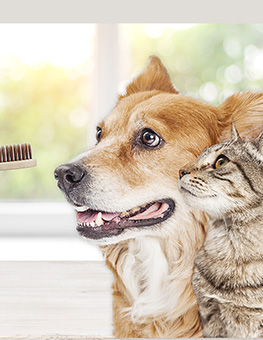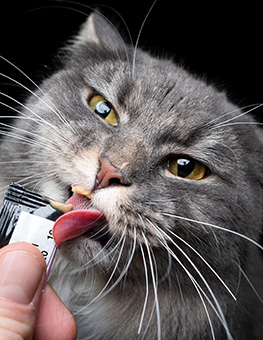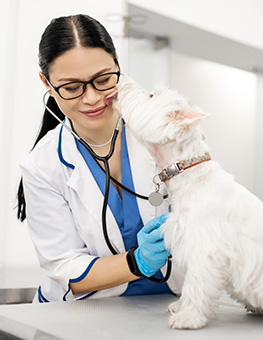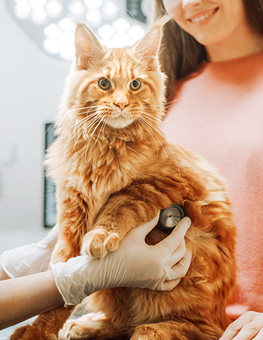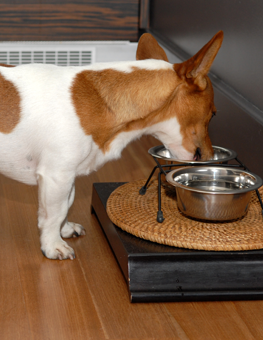DNA Testing Your Pets
With over four million animals being adopted from shelters each year, many pet parents can’t be sure what breed(s) make up their furry friend’s DNA.


DNA testing can satisfy your curiosity about your pet's genetics.
Even if your mutt looks like a certain breed, without seeing his parents and knowing his history, there is just no way to tell by looking! After adopting a companion, one of the first questions is sure to be: What breed is your new dog or cat?
DNA pet testing is still relatively new, but more and more pet parents are taking advantage of these services. Not only do these DNA tests tell you what breed your pet is, but they can also answer questions about your pet’s health and match you up with pet parents around the world who may have your animal’s relatives! These companies have taken DNA testing to the next level, going beyond just satisfying your curiosity about your pet’s genetic makeup. They may be able to identify drug sensitivities, possible mobility conditions, and if your pet is a carrier for any genetic disorders or diseases that they could carry on if bred. These DNA tests can be just as useful for breeders of purebred dogs and cats as they are for adopters of shelter pets and owners of mixed breeds!
How Does a DNA Pet Test Work?
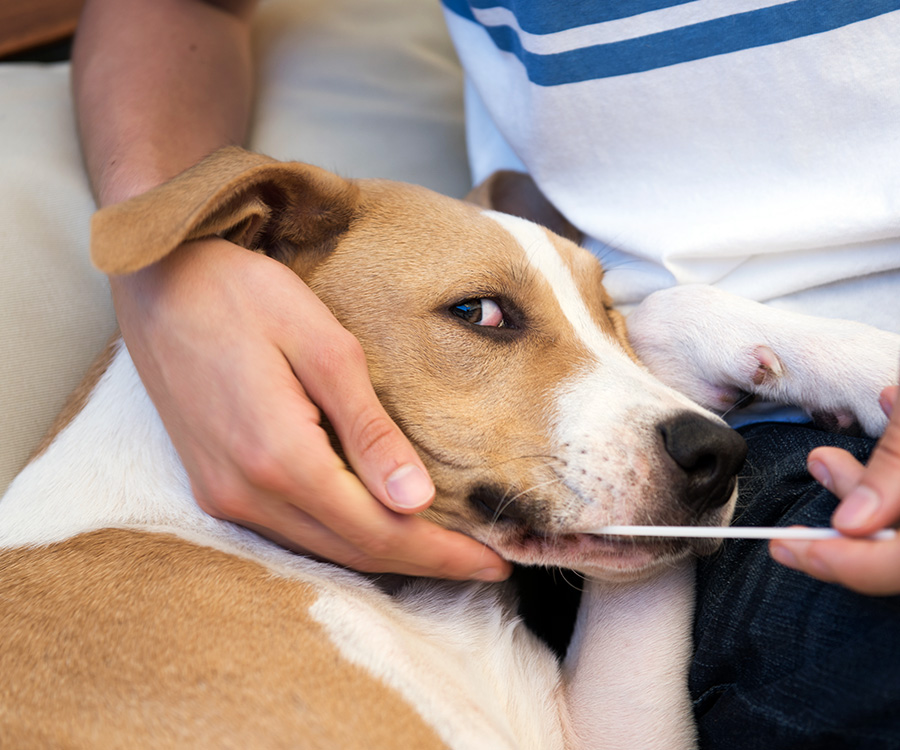

A test kit includes a cotton swab for you to wipe inside your pet's mouth.
Simply purchase a kit. They can be purchased directly from the company’s website or from any pet store. The kit will contain a cotton swab to wipe around the inside of your dog's or cat’s mouth. Then, mail it off to be tested! Normally, the process only takes a few weeks before you get all the information. Other than answering the obvious question of your pet’s heritage (and just being fun!), there are several benefits of knowing about your pet’s genetic makeup:
Traits common with many breeds can be apparent in your cat's or dog’s behavior. The ability to identify your pet’s breed can help you answer questions about his behavior that may have otherwise left you scratching your head. Maybe your dog likes to nip at your heels when you’re coming inside. A DNA pet test might show that he is part herding breed, like a Border Collie or Australian Cattle Dog, which explains his behavior and helps you to learn how to better meet his needs.
Or maybe your cat is curious, high energy, and maybe even a little bit aggressive or destructive. You might find that one of his ancestors was a Bengal cat, an exotic breed that originates from a domestic cat crossed with a wild Asian leopard cat.


Knowing the genetic makeup of your pet may help you understand your pet's health risks, as well as behaviors.
These cats are very smart and active and need appropriate outlets for their energy level. Knowing the genetic behavior of your pet can change the ways in which you live, train, and work with your dog or cat. Finding out your dog's or cat’s heritage means that you are able to take the next logical step, which is to research and understand the characteristics and needs of the breeds you discover in your findings.
We all want what’s best for our pets, and DNA testing is the new and improved way to be sure that your cat or dog’s health is a top priority. You can never be too well-informed, and sharing the results of your pet’s DNA with your veterinarian, including any health risks they are prone to, can make a difference in his care and quality of life. Knowledge and prevention are essential in helping our pets live longer, healthier lives.
Have you or a friend DNA-tested your pet? If so, was it worth finding out, and would you recommend it to other pet owners? Are there any reasons you wouldn’t want to know about your pet’s genetic makeup?



